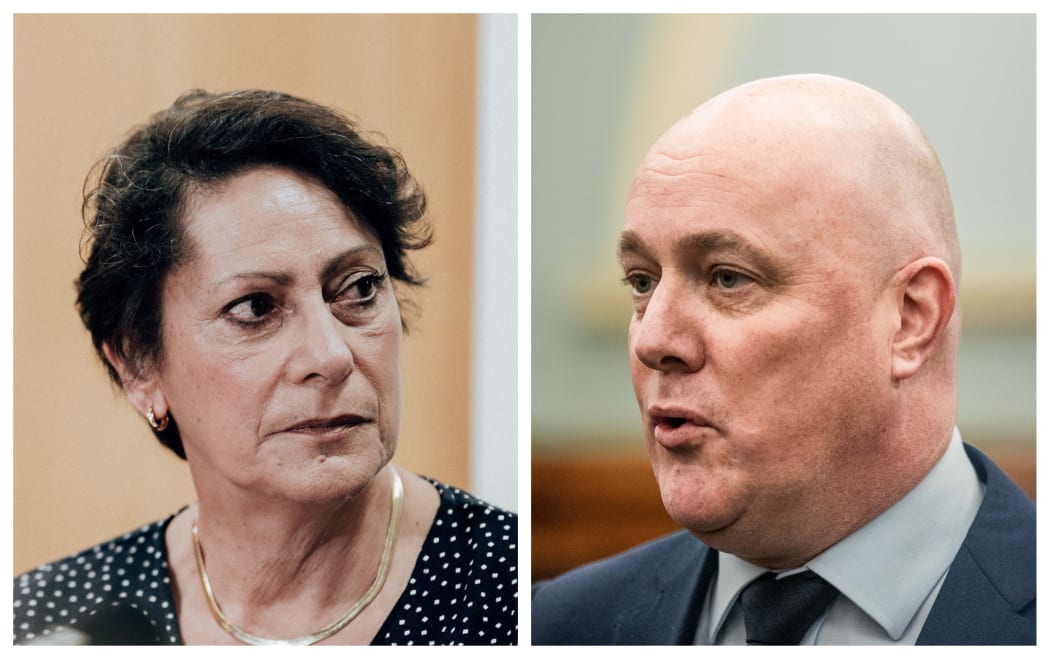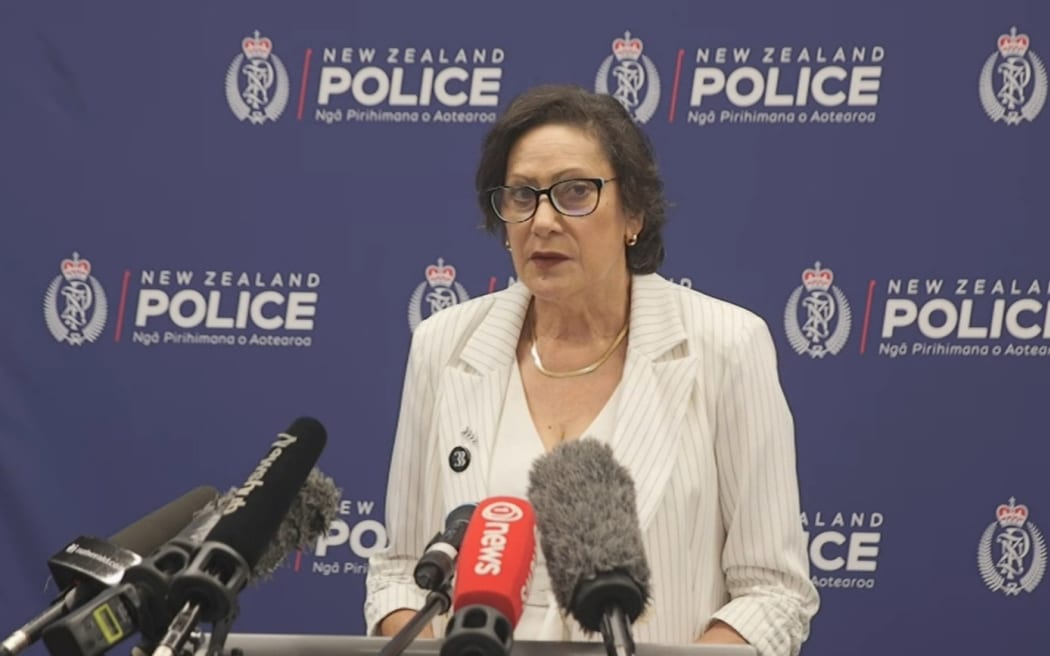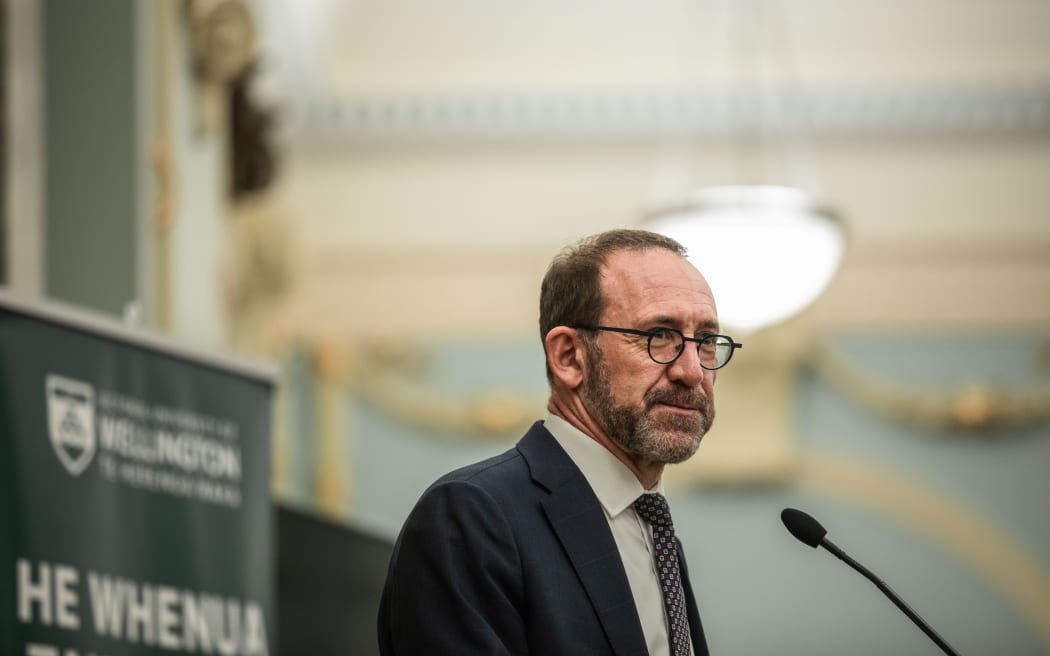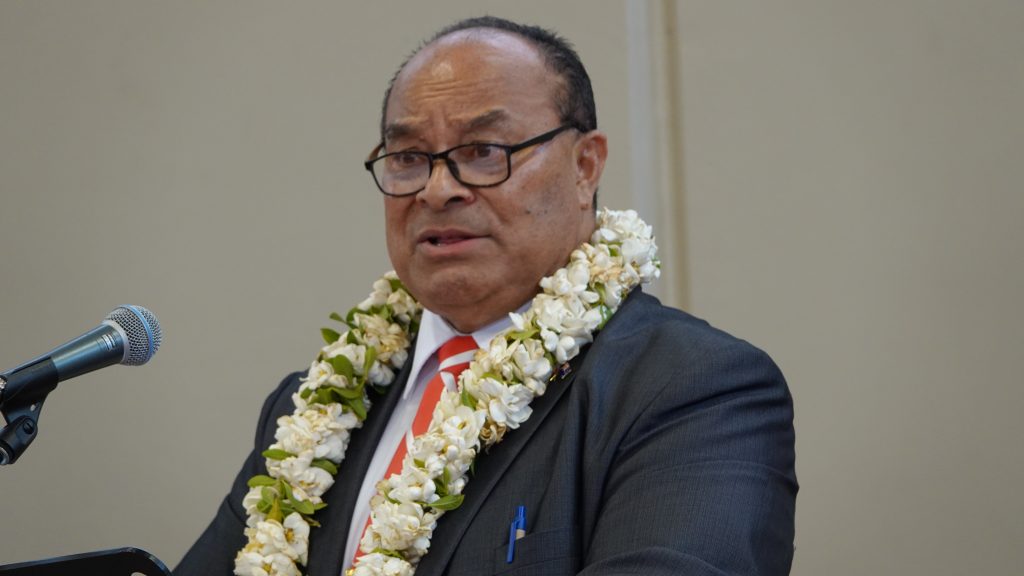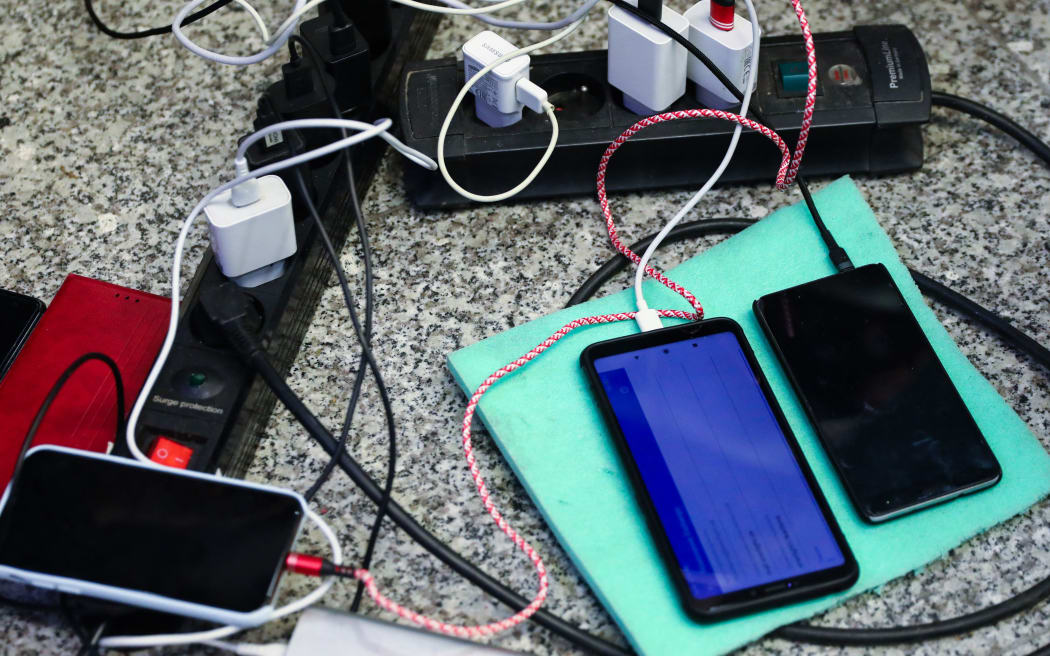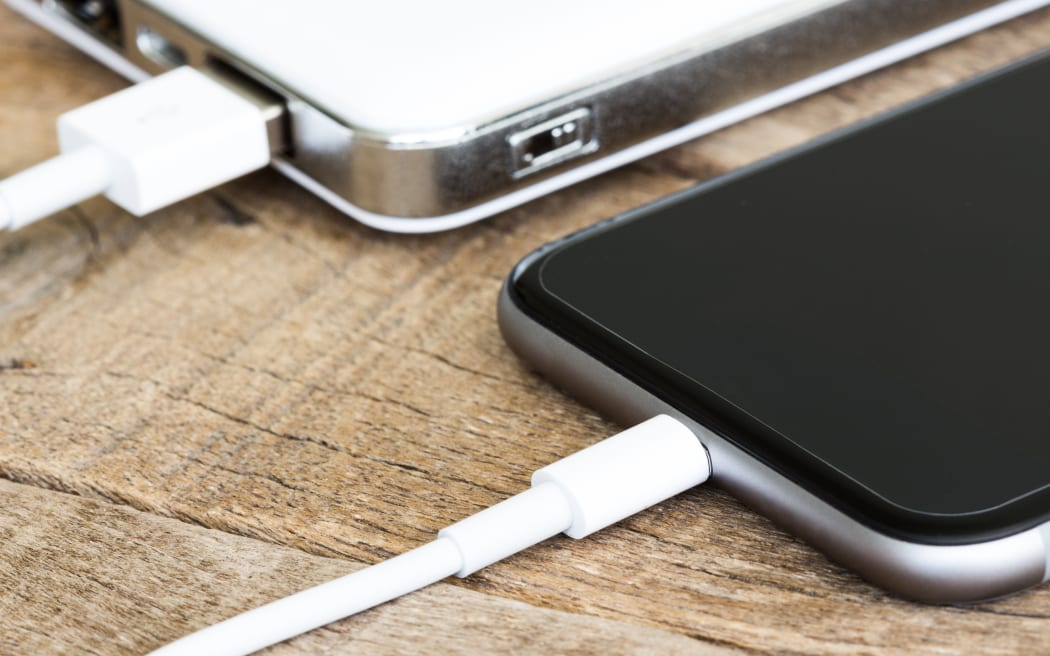Peter Wilson, Political commentator*
Analysis – Should Police Minister Poto Williams keep her job? National doesn’t think so and it’s putting the government under increasing pressure over gang violence. Parliament passes health restructuring legislation and gets started on Three Waters as the prime minister heads for Sydney to meet the new Australian prime minister.
Poto Williams and National Party leader Christopher Luxon. Photo: RNZ
National Party leader Christopher Luxon this week called for Police Minister Poto Williams to be replaced. He said it in three different media interviews, citing the spate of gang shootings and claiming Williams just wasn’t up to the job.
“She’s clearly out of her depth, things aren’t getting any better,” he said on Morning Report. “There’s been 23 shootings in two weeks, violent crime is up 21 per cent, gang membership is up 40 per cent – that’s the reality New Zealanders are facing.”
On Newshub’s AM Show the same day Luxon gave a similar interview. “The reality is Poto Williams is struggling and she now needs to be replaced,” he said. “I’m sure she’s a good person but she’s struggling… frontline police don’t feel backed up.”
On TVNZ’s Breakfast it was the same story. Luxon had obviously decided to raise the stakes over gang violence before he went on air that day.
He’s taken over the lead from National’s police spokesman Mark Mitchell, who has also been giving Williams a hard time in Parliament. National clearly thinks it’s a weakness for the government and Williams is a soft target.
The minister rejects claims the government is soft on crime.
“I have just delivered for police a budget of $562 million… it means that we believe, as a government, the police need the resources to do the hard mahi which is in front of them,” Williams told media.
“I have to say to Mr Luxon, it would be really great if he had a few ideas rather than just throwing away these throwaway lines.”
Prime Minister Jacinda Ardern backed Williams, saying she had “every confidence” in her, RNZ reported. That confidence was based on what she had delivered for police.
“An increase in numbers… a doubling of the organised crime unit, firearm prohibition orders, the work we’re doing on criminal proceeds,” Ardern said. “This is all progress that is ultimately making our police force better prepared, albeit in a very tough environment for them.”
Poto Williams. Photo: RNZ
It was a surprise when Ardern appointed Williams to the role after the 2020 election. She was a minister in the previous government but had no experience of that sort of portfolio.
In April this year the New Zealand Herald‘s Audrey Young wrote an article about Williams. In it she said that if Labour was to have any hope of regaining control of the law and order agenda, Ardern needed one of her best ministers in the job.
Young explained why she thought Ardern had chosen Williams, despite the MP not being “a natural fit” for the role.
“In Labour or National, the portfolio has gone to people who are naturally hard-line law and order types,” she said.
“Ardern clearly chose Williams precisely because she didn’t fit the stereotype. Her expertise was in community health and welfare, and tackling family violence.
“For a government that was looking for a culture change in the police, an appointment of a social justice advocate may have made sense symbolically instead of re-appointing Nash (former police minister Stuart Nash).”
Young said what Ardern did not foresee at the time were the dramatic changes in criminal offending and the political flashpoint the portfolio had become.
And that was written before the latest spike in gang shootings.
Young concluded Ardern wouldn’t have much choice about replacing Williams: “For an issue that will be so potent in an election year, Williams staying put would be a big risk for Ardern and she is almost certainly considering the alternatives.”
Young suggested the alternatives were Megan Woods or Chris Hipkins, Ardern’s two fix-it ministers. If they were too busy, then Nash could be re-appointed.
It almost certainly will be a potent issue next year. National has only just got started on gang violence and law and order generally. As the election approaches it’s likely to become a full-blown campaign.
And the government will almost certainly respond, probably before the end of the year. It’s already doing the work, explained in RNZ’s ‘Gang law options considered as shootings continue.’
Williams said all options were on the table.
Photo: Supplied
It’s not likely to save Williams when Ardern next reshuffles her cabinet. The Herald’s political editor, Claire Trevett, put it this way: “Of late, one of the National Party’s most valuable assets in its attempt to turn law and order into an election issue has been Police Minister Poto Williams.”
Trevett described Williams as “a liability in a portfolio which is rapidly becoming very political”.
Luxon has overseen a remarkable turnaround in National’s poll ratings since he became leader, and if you want to know what makes him tick read Guyon Espiner’s in-depth RNZ article ‘How Christopher Luxon is rebranding the National Party’.
Here’s a taster: “He’s white, male, bald, rich, but he’s also championed gender pay equity and the rainbow community, worked to halt human trafficking and environmentalists rate his climate change credentials. Can a man some thought might join the Labour Party lead National to victory at the next election?”
Andrew Little. Photo: RNZ / Samuel Rillstone
Tuesday was a big day for Health Minister Andrew Little. Parliament passed the Pae Ora (Healthy Futures) Bill, which is the legislative framework for replacing 20 district health boards with a single agency, Health New Zealand, and the Maori Health Authority.
It comes into force on 1 July.
“This is a landmark reform for health in Aotearoa New Zealand and is key to righting the wrongs of inequity and unacceptable health outcomes that have for too long been suffered by too many,” Little said.
“Removing the postcode lottery to put patients and communities at the heart of our health system is what the reforms are about.”
Opposition parties were sceptical about that.
National’s health spokesman Shane Reti said it wouldn’t do anything for the 360,000 people waiting four months to see a specialist.
“They only see an ideological health reform in the middle of a pandemic, and at a time when New Zealanders are still dying from Covid every single day. The timing is terrible,” he said.
ACT’s health spokeswoman Brooke van Velden said it wouldn’t go any way to addressing better outcomes.
She faced cries of “shame on you” from Labour MPs as she said the legislation was “all to do with co-governance”, Stuff reported.
With that big bill out the way, the government brought the second of its “transformational” pieces of legislation to Parliament.
Local Government Minister Nanaia Mahuta introduced the first reading of the Water Services Entities Bill, which could be called the Three Waters Bill.
When it has been enacted the water assets held by councils will be transferred to four huge entities which will be responsible for funding and running them.
Mahuta has travelled a hard road getting it to where it is and the bill is still hugely controversial.
And, depending on the outcome of next year’s election, the transformation might never be fully realised. National’s first speaker in the first reading debate, local government spokesman Simon Watts, said his party would repeal it.
Jacinda Ardern and new Australian leader Anthony Albanese. Photo: Supplied / Office of the Prime Minister
Ardern announced at her post-cabinet press conference on Monday that she would fly to Sydney on Thursday to meet Australia’s new Prime Minister Anthony Albanese. There was an informal dinner Thursday and formal talks will take place today.
All the questions were about two familiar issues which Ardern described as the cause of “friction” between the two governments – the 502 deportations and the rights, or lack of them, of Kiwis living in Australia.
She said she would raise both with Albanese and hoped progress could be made.
Watch this website to find out how that went.
*Peter Wilson is a life member of Parliament’s press gallery, with 22 years as NZPA’s political editor and seven as parliamentary bureau chief for NZ Newswire

